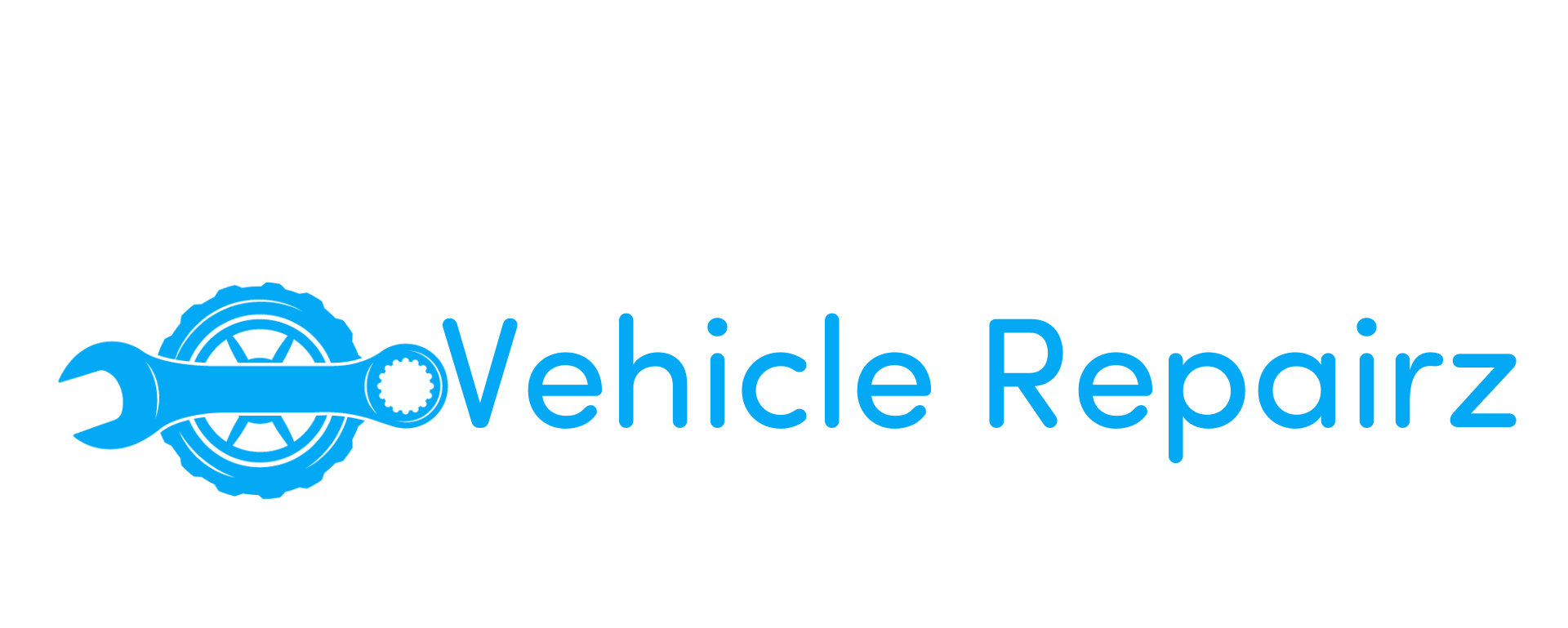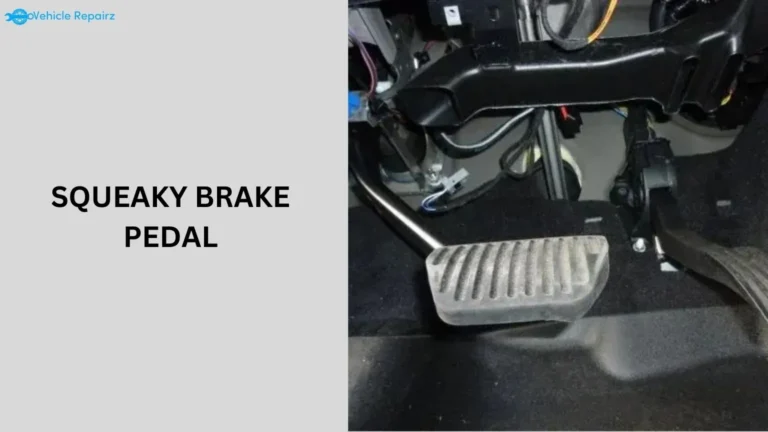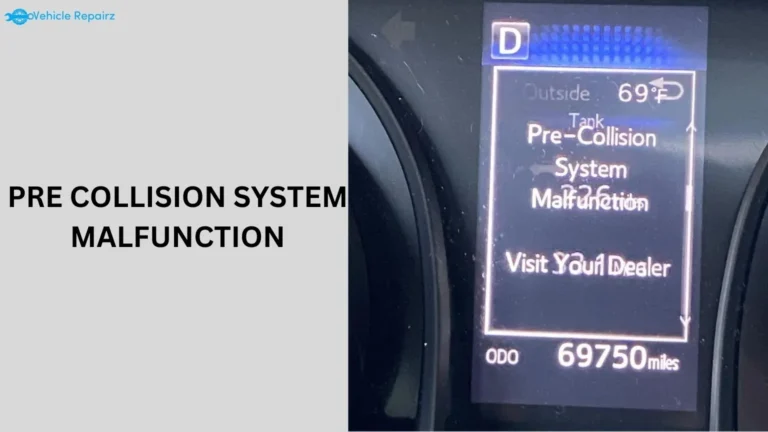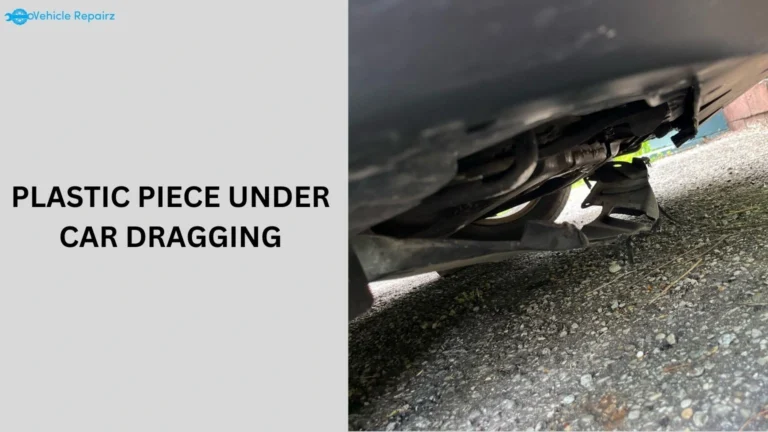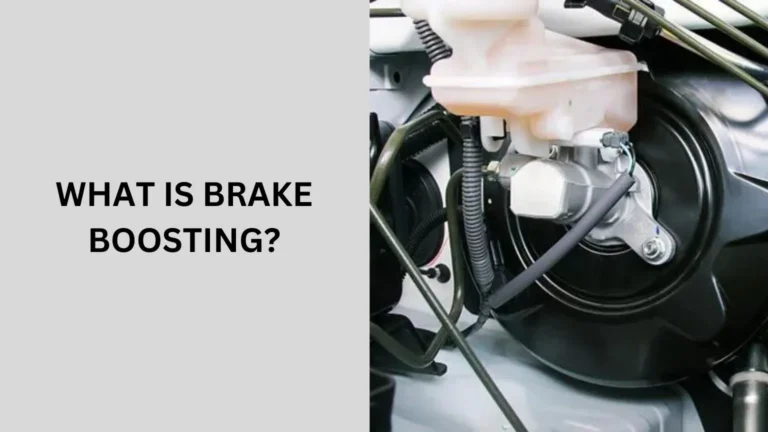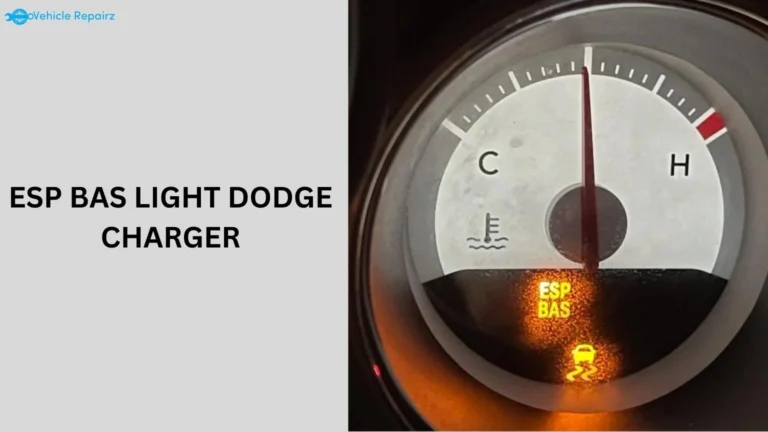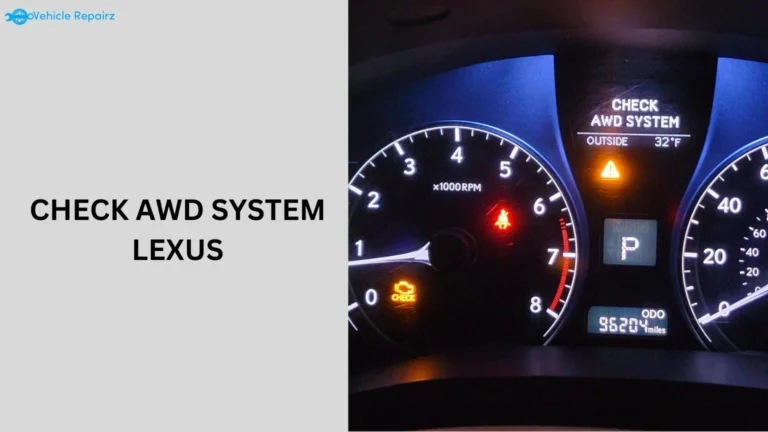Common Problems After Engine Replacement: Fix 2024
Replacing an engine is a significant and often expensive repair that can breathe new life into your vehicle. However, you might encounter some issues even after a successful engine replacement.
Common Problems After Engine Replacement, Understanding these common problems can help you address them swiftly and ensure your vehicle runs smoothly.
In this guide, we’ll explore the typical problems that can arise after an engine replacement and how to handle them.
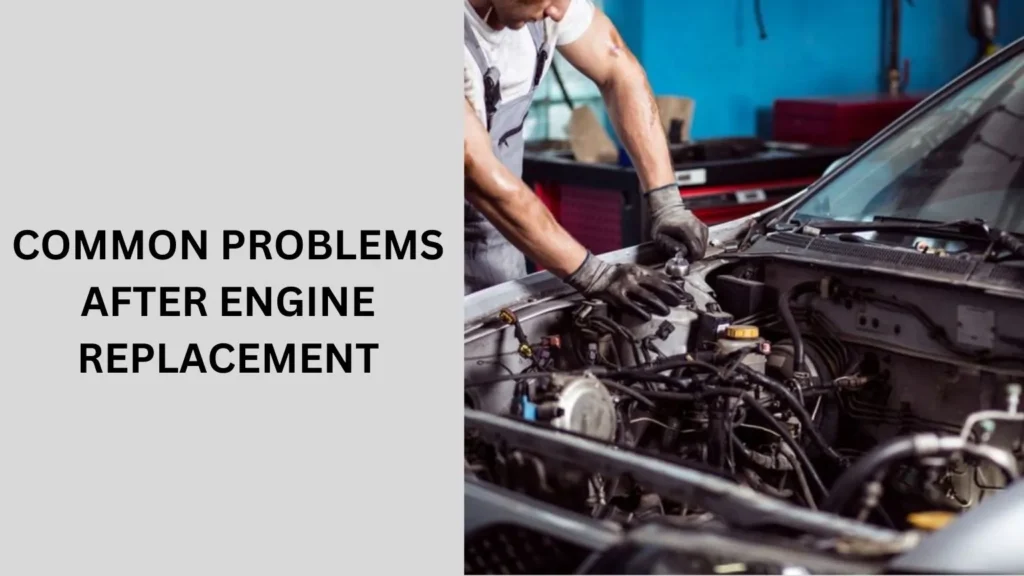
Common Problems After Engine Replacement
Engine replacement can be a complex process, and while many issues are straightforward, some might require a bit more attention. Here are the most common problems you might face:
1. Engine Misfires
An engine misfire is one of the most common issues after a replacement. Misfires can happen when the engine isn’t receiving the correct amount of air, fuel, or spark.
Causes:
- Ignition Coil Failure: Old or damaged ignition coils can disrupt the firing process.
- Incorrect Timing: If the timing belt or chain isn’t properly aligned, the engine may misfire.
- Vacuum Leaks: A leak in the vacuum system can disrupt the air-to-fuel ratio.
Solution:
Inspect and replace any worn ignition components, and verify that the engine timing is accurate.
2. Overheating Problems
After engine replacement, some vehicles may experience overheating. This could lead to severe engine damage if left unaddressed.
Causes:
- Faulty Cooling System: Problems with the water pump, thermostat, or radiator can cause the engine to overheat.
- Air Trapped in the Cooling System: During replacement, air pockets might form, disrupting the flow of coolant.
- Leaking Coolant: A poorly sealed system can result in coolant leaks.
Solution:
Bleed the cooling system to remove air pockets, check for leaks, and replace any faulty cooling components.
3. Oil Leaks
Oil leaks can appear after an engine replacement, particularly around the gaskets and seals.
Causes:
- Damaged Seals or Gaskets: Improperly seated or damaged seals can cause oil to seep out.
- Loose Bolts: If bolts on the oil pan or valve cover are not properly torqued, oil can leak.
Solution:
Inspect all gaskets, seals, and bolts for proper installation, and tighten any loose components.
4. Check Engine Light
The check engine light might turn on soon after replacing the engine, which can be alarming.
Causes:
- Unconnected or Faulty Sensors: Sometimes sensors are not reconnected correctly during installation.
- Error Codes: The onboard computer may still be reading old error codes from before the replacement.
Solution:
Use an OBD-II scanner to check for error codes and resolve any sensor-related issues.
5. The Engine Won’t Start
A no-start condition can happen after an engine replacement, which is frustrating but relatively common.
Causes:
- Fuel System Issues: Fuel pumps, injectors, or lines may be clogged or damaged.
- Electrical Problems: Loose wiring or disconnected cables can prevent the engine from receiving power.
- Incorrect Timing: Misaligned timing can also prevent the engine from starting.
Solution:
Check all fuel lines and wiring connections, ensuring the fuel system is delivering fuel properly and the timing is correct.
6. Transmission Problems
Even though the engine was replaced, sometimes transmission issues may arise due to miscommunication between the engine and transmission.
Causes:
- Faulty Sensors: Transmission sensors may not be communicating correctly with the new engine.
- Alignment Issues: The transmission may not have been properly aligned with the new engine.
Solution:
Check and recalibrate transmission sensors, and ensure proper alignment between the engine and transmission.
7. Excessive Vibrations or Noise
After an engine replacement, you may notice strange noises or vibrations that weren’t present before.
Causes:
- Engine Mounts: Engine mounts could be loose, improperly aligned, or damaged during the replacement.
- Loose Parts: Any loose parts such as bolts, belts, or pulleys can create excessive noise or vibration.
Solution:
Tighten or replace engine mounts, inspect all belts and pulleys, and ensure all parts are securely fastened.
8. Reduced Fuel Efficiency
If your fuel economy has dropped since the engine replacement, there may be underlying issues affecting performance.
Causes:
- Improper Air/Fuel Mixture: The air-to-fuel ratio may not be balanced correctly.
- Sensor Issues: Malfunctioning oxygen or mass airflow sensors can disrupt fuel efficiency.
Solution:
Inspect and replace faulty sensors, and have a professional check the air-fuel mixture for proper calibration.
9. Stalling
Engine stalling can be another post-replacement issue, often related to fuel delivery or electrical problems.
Causes:
- Faulty Fuel Pump or Injectors: If fuel isn’t delivered consistently, the engine may stall.
- Wiring Issues: Loose electrical connections can cause intermittent power loss.
Solution:
Check the fuel pump and injectors, and make sure all wiring and connections are secure and intact.
10. Power Loss or Poor Performance
Experiencing a loss of power or sluggish performance after an engine replacement can be caused by multiple factors.
Causes:
- Faulty Sensors: Inaccurate readings from sensors can cause the engine to run inefficiently.
- Clogged Filters: Clogged air or fuel filters can restrict engine performance.
Solution:
Replace clogged filters and ensure sensors are working properly. Consider performing a diagnostic check for further insights.
Diagnosing and Fixing Problems
If you encounter any of these issues, it’s crucial to diagnose and fix them as soon as possible. Here’s how:
1. Perform a Diagnostic Test
Using a diagnostic tool, check for any error codes that can give you clues about what might be wrong. This can help in pinpointing specific issues that need to be addressed.
2. Consult a Professional
If you’re unable to identify or fix the problem yourself, it’s best to consult with a professional mechanic. They can provide a thorough inspection and accurate diagnosis.
3. Regular Maintenance
Regular maintenance can prevent many issues from arising. Ensure that you follow the recommended maintenance schedule for your vehicle, including oil changes, filter replacements, and other routine checks.
Preventing Future Problems
To minimize the chances of encountering problems after an engine replacement, consider the following tips:
1. Choose a Reputable Shop
Select a trusted and experienced mechanic or repair shop for your engine replacement. Their expertise can make a significant difference in the outcome of the replacement.
2. Use Quality Parts
Ensure that high-quality, compatible parts are used during the replacement process. This can reduce the likelihood of future issues.
3. Follow Up
After the engine replacement, monitor your vehicle’s performance and address any concerns promptly. Regular follow-ups can help catch potential issues early.
People also ask
Is a car reliable after engine replacement?
Yes, a car can be reliable after an engine replacement if the job is done correctly using high-quality parts and performed by a skilled mechanic.
The reliability depends on proper installation, thorough testing, and addressing any related issues such as sensors or connections.
Regular maintenance and attention to any post-replacement problems can further ensure long-term reliability.
However, factors like the quality of the replacement engine and proper care play a significant role in overall performance.
What to expect after an engine replacement?
After an engine replacement, expect a short break-in period where you may need to monitor performance closely.
Common things to watch for include unusual noises, fluid leaks, or engine warning lights. You might also notice minor adjustments in how the vehicle drives as the new engine settles.
It’s important to perform routine checks, ensure proper oil changes, and address any issues quickly to ensure smooth operation.
The car should eventually feel revitalized, with improved performance and reliability if the job was done correctly.
How long will a car last after engine replacement?
A car can last many years after an engine replacement, often as long as a new vehicle, depending on the quality of the engine, installation, and maintenance.
With proper care, regular servicing, and attention to other components like the transmission and suspension, a vehicle could easily run for another 100,000 to 200,000 miles or more.
When replacing an engine, what else should be replaced?
When replacing an engine, it’s wise to replace components that work closely with the engine, such as:
Belts and hoses (timing belt, serpentine belt)
Water pump
Spark plugs and ignition coils
Engine mounts
Thermostat
Seals and gaskets
Oil and coolant
Conclusion
Engine replacement can revive your vehicle, but it’s essential to be aware of the common problems that may arise afterward.
By understanding these issues and taking proactive steps, you can ensure that your vehicle continues to perform at its best.
If you encounter any problems, don’t hesitate to seek professional help to keep your engine running smoothly.
